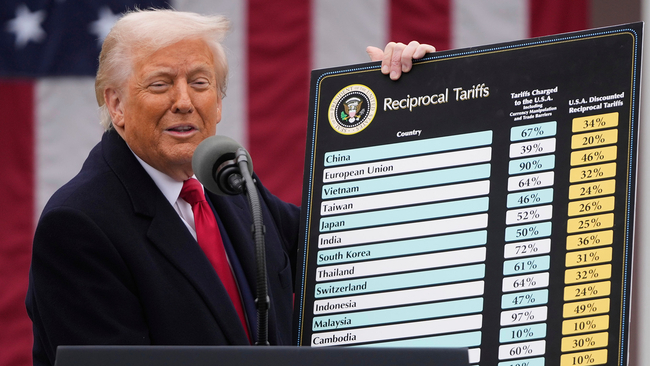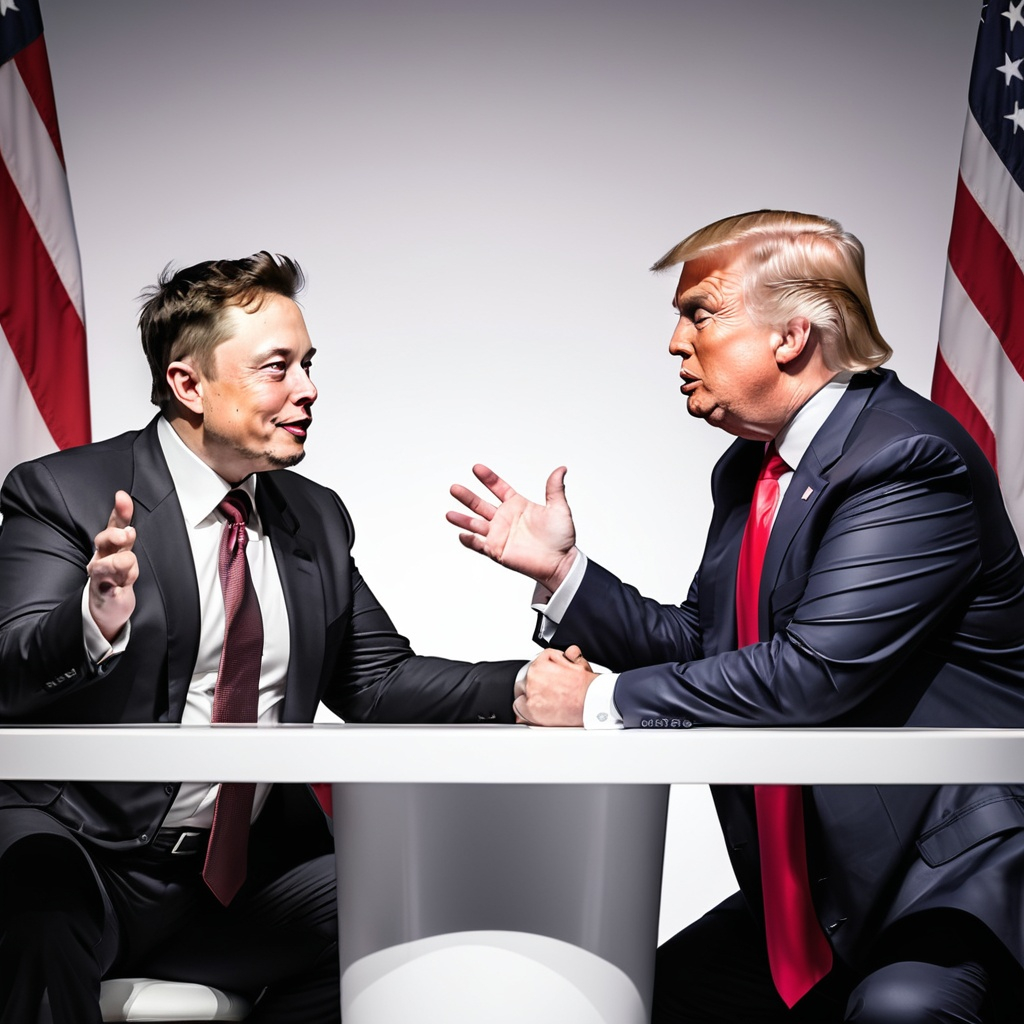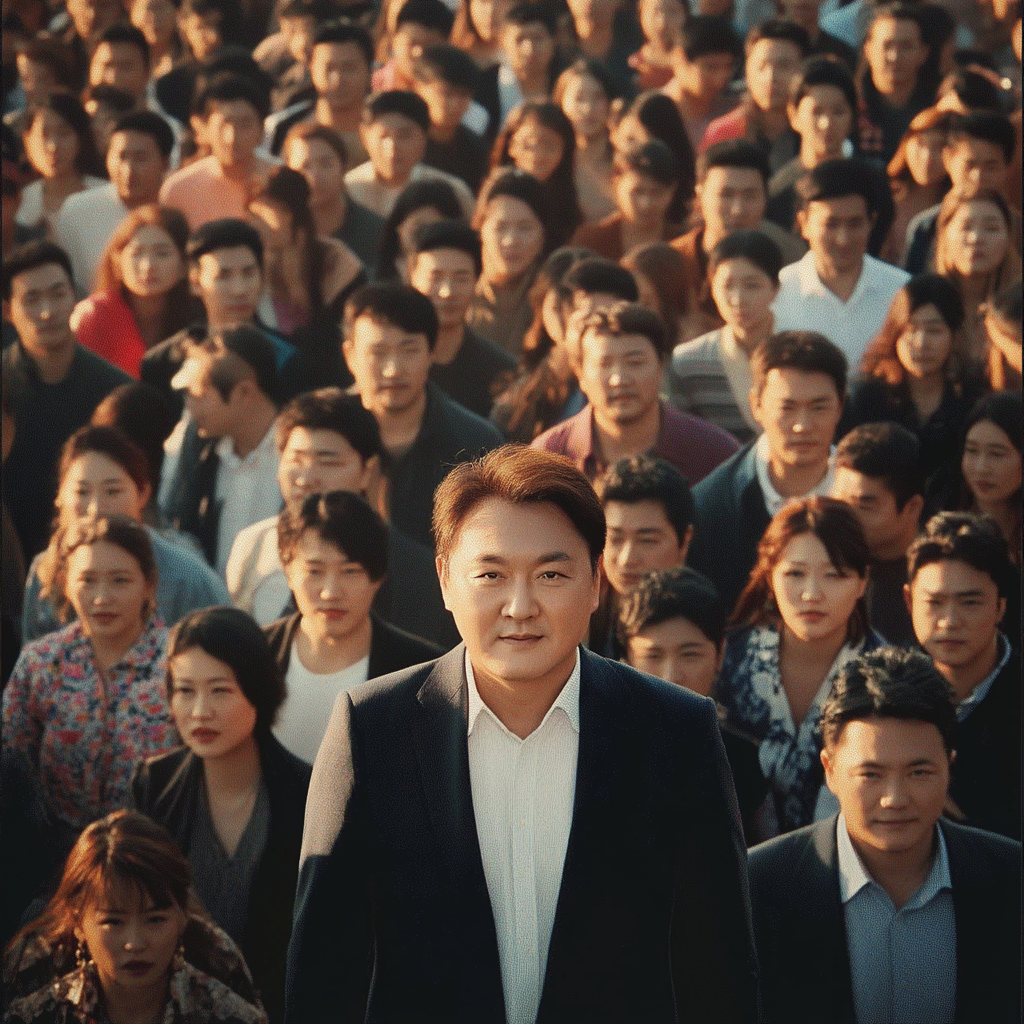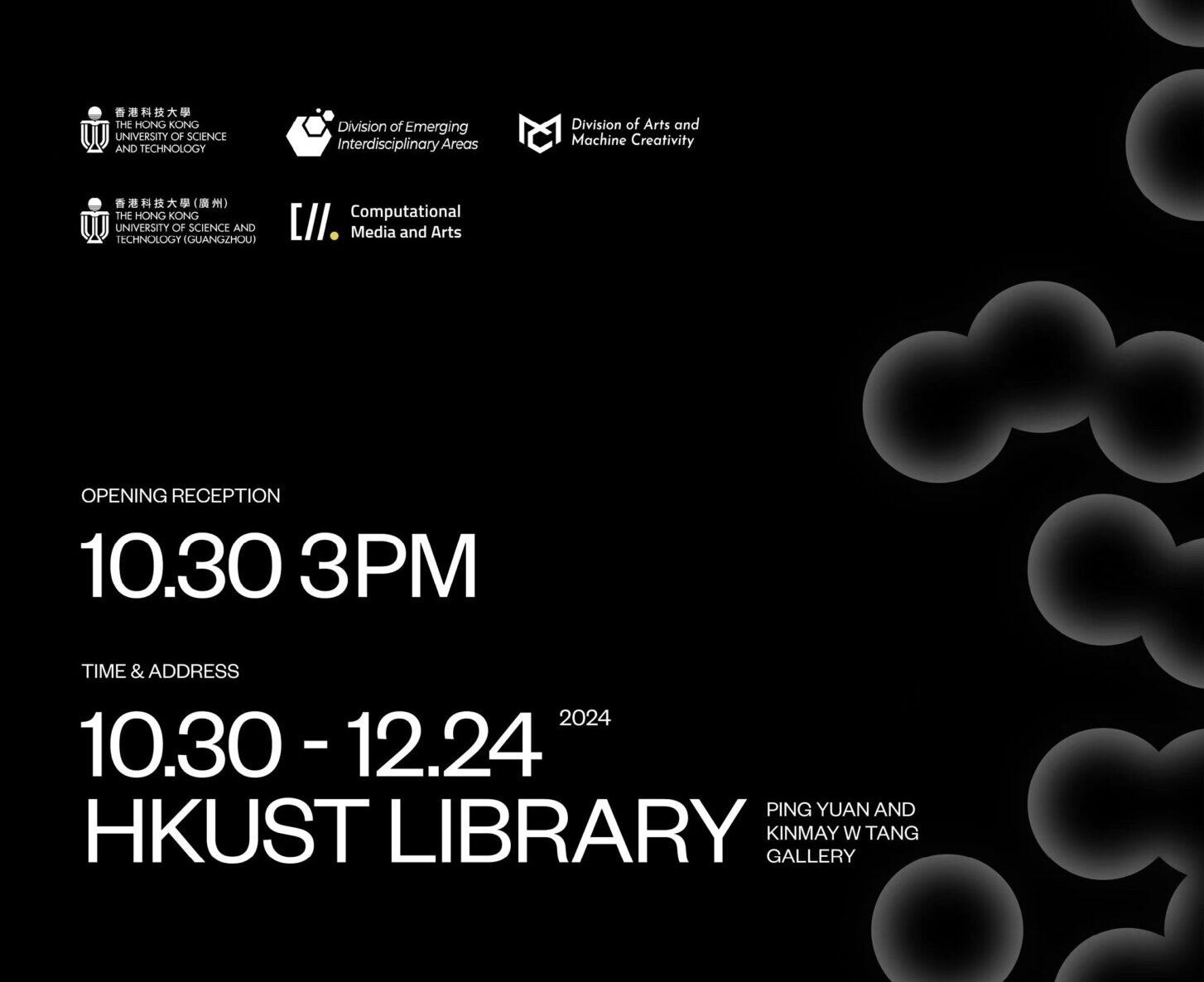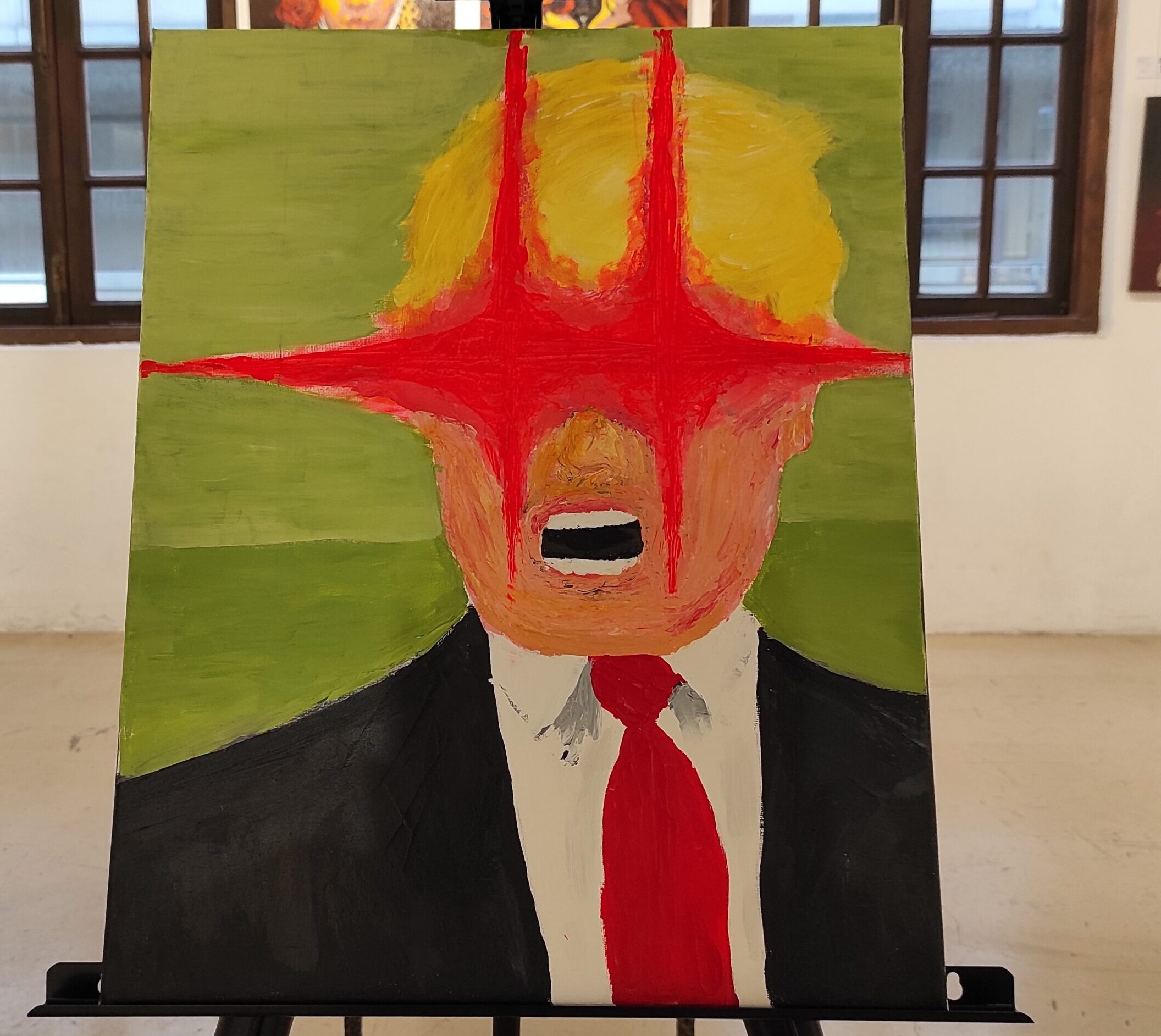Leadership Challenges Faced by South Korean Prime Minister Yoon Suk Yeol
In recent days, South Korean Prime Minister Yoon Suk Yeol has found himself at the center of a political storm following his controversial declaration of martial law. This unprecedented move, which lasted only a few hours, has raised significant questions about his leadership capabilities and motivations. As the situation unfolds, it is crucial to analyze the implications of his actions and what they reveal about his leadership style.
Context of the Martial Law Declaration
On December 3, 2024, Yoon announced a sudden declaration of martial law during a nationally televised address, citing threats from “anti-state forces” and North Korea. He claimed this drastic measure was necessary to protect South Korea from perceived threats and to “rebuild and protect” the nation from “falling into ruin” [1][2]. However, the declaration was met with immediate backlash from lawmakers and the public, leading to its revocation just hours later. This incident marked the first imposition of martial law in South Korea in over 40 years, evoking memories of past authoritarian regimes.
Yoon’s declaration was characterized by a rapid reversal that highlighted a lack of political support and raised concerns about his understanding of democratic principles. In just six hours, he went from declaring martial law to lifting it after an emergency session of parliament unanimously rejected his move [2][4]. This whiplash between military control and democracy has left many questioning Yoon’s leadership.
Motivations Behind Yoon’s Actions
Yoon’s motivations appear to stem from a combination of political desperation and a desire to consolidate power amidst declining approval ratings. His leadership has been characterized by increasing isolation due to an opposition-controlled parliament that has consistently blocked his initiatives since he took office in May 2022. As his popularity plummeted—reportedly down to 25%—the martial law declaration can be seen as an attempt to shift focus away from domestic challenges and rally support against an external threat [3][6].
Moreover, analysts suggest that Yoon’s actions were politically motivated rather than genuinely aimed at addressing security concerns. By framing his opponents as “anti-state,” he sought to delegitimize dissent and strengthen his position against a backdrop of ongoing scandals involving himself and his administration [5][9].
Missing Leadership Traits
Yoon’s recent actions have illuminated several critical leadership traits that appear to be lacking:
- Emotional Intelligence: Effective leaders possess the ability to understand and manage their emotions as well as those of others. Yoon’s impulsive decision-making reflects a failure to gauge public sentiment or anticipate the backlash against such a drastic measure. His inability to connect with citizens or empathize with their concerns has contributed to widespread distrust [4][6].
- Adaptability: Strong leaders are adaptable and able to respond effectively to changing circumstances. Yoon’s rigid approach, characterized by a confrontational style, has alienated potential allies and hindered collaboration with opposition parties. His failure to pivot in response to political realities demonstrates a lack of flexibility essential for effective governance [5][7].
- Communication Skills: Clear communication is vital for any leader, especially during crises. Yoon’s failure to articulate a coherent rationale for martial law or address public concerns led to confusion and distrust among citizens. His subsequent silence after lifting the declaration further exacerbated perceptions of weakness in leadership [2][3].
- Visionary Leadership: Effective leaders inspire others with a clear vision for the future. Yoon’s actions seem reactive rather than proactive; rather than presenting a compelling vision for South Korea’s future, he resorted to authoritarian measures that undermined democratic values [9][10]. This lack of vision has left many questioning his long-term strategy for addressing pressing national issues.
Conclusion
The recent turmoil surrounding Prime Minister Yoon Suk Yeol serves as a critical case study in leadership under duress. His controversial martial law declaration reflects not only personal political challenges but also broader issues within South Korea’s democratic framework. As calls for impeachment grow louder, the future of Yoon’s administration hangs in the balance, underscoring the vital importance of effective leadership traits such as emotional intelligence, adaptability, communication skills, and visionary thinking in maintaining public trust and democratic integrity in governance.
Citations:
[1] https://www.csis.org/analysis/yoon-declares-martial-law-south-korea
[2] https://www.cbsnews.com/news/south-korea-martial-law-lifted-president-yoon-suk-yeol-ramifications/
[3] https://www.bbc.com/news/articles/c0lgw1pw5zpo
[4] https://apnews.com/article/south-korea-martial-law-president-impeachment-53d787e9f04d32615e83aade47412174
[5] https://www.bbc.com/news/world-asia-68786178
[6] https://www.nytimes.com/2024/12/04/world/asia/south-korea-yoon-martial-law.html
[7] https://timesofindia.indiatimes.com/world/rest-of-world/yoon-suk-yeols-leadership-on-brink-scandals-martial-law-and-impeachment-calls/articleshow/116003780.cms
[8] https://apnews.com/article/south-korea-martial-law-north-korea-emergency-b310df4fece42c27051f58b8951f346f
[9] https://www.bbc.com/news/articles/c5y7jxe88w3o
[10] https://www.cnn.com/2024/12/03/asia/south-korea-martial-law-explainer-intl-hnk/index.html
[11] https://www.perplexity.ai/elections/2024-11-05/us/president


